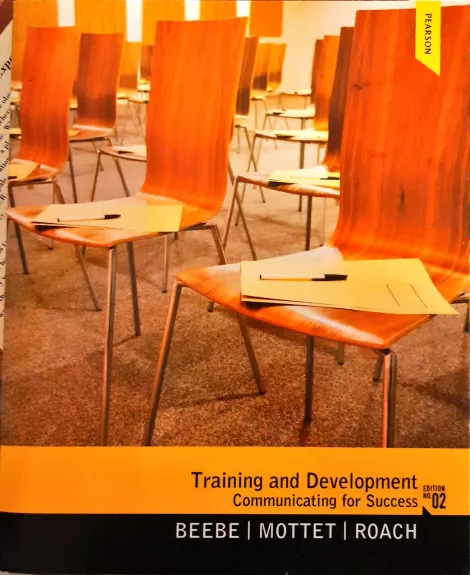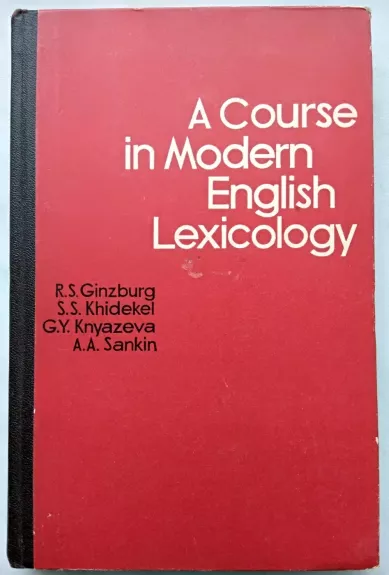
Danish Foreign Policy Yearbook 2016
It offers an overview of Danish foreign policy and the role of Denmark regionally and globally. Minister of Foreign Affairs Kristian Jensen writes about Denmark and the international situation, while Minister of Defence Peter Christensen describes Denmark in a complex security environment.
The three research articles:
Denmark takes a relatively unsentimental approach towards Nordic cooperation generally, looking for comparative advantages and practical benefits. Alyson Bailes analyses how these fundamentals were reflected when Denmark chaired the Nordic processes, as it did in 2015 with the Nordic Council of Ministers, the Nordic-Baltic Eight and the Haga civil security programme.
Denmark’s relationship with Turkey is characterized as increasingly pragmatic by Cecilie Stokholm Banke, at least compared to the early years of the AKP government, when then Prime Ministers Fogh Rasmussen and Recep Tayyip Erdogan clashed in public. In recent years, this value-based position towards Turkey has been replaced by a cautious and pragmatic approach.
Carsten Staur demonstrates that Denmark took a relatively more activist position in relation to the Middle East than the very cautious UN policy it otherwise adhered to in the late 1940s and 1950s. In the Danish view, Israel’s application for UN membership should be viewed as an element in the complex peace negotiations following the first Arab-Israeli war of 1948-49, emphasizing the need to base a political solution to the Palestinian refugee problem on the principle of the right of return.
These articles are abstracted in English and Danish at the outset of chapter one.








